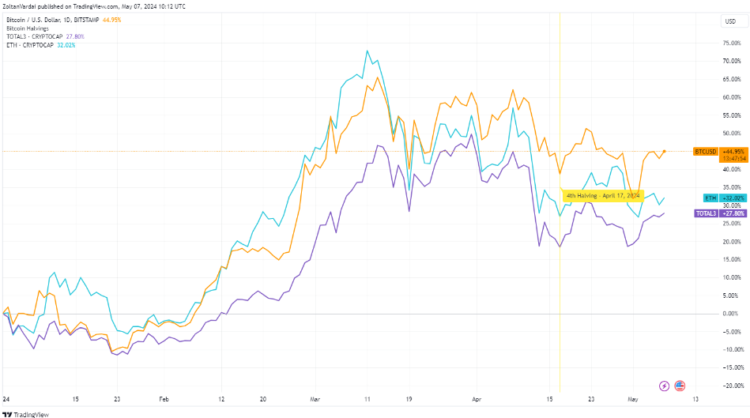The Australian Tax Office (ATO), in seeking to crack down on crypto tax obligations, collects personal information and transaction details from over 1.2 million crypto exchange users.

Reuters obtained a notice from the Australian Taxation Office (ATO) last month stating that the data will assist in identifying merchants who may still need to remit their taxes on cryptocurrency transactions.
The ATO intends to collect confidential information from users, such as their phone numbers, date of birth, and social media profiles. Additionally, it will require transaction-related details, including wallet addresses, the nature of coin trades, and bank account information.
In contrast to other foreign currencies, Australian regulators consider cryptocurrencies taxable assets. Consequently, the sale of crypto assets results in capital gains and tax liability for merchants.
The prospective tax collection crackdown comes as cryptocurrency investors enjoy a period of unprecedented profitability. Since the start of the year, Bitcoin has increased by more than 44%, whereas Ether has gained 32% year-to-date.

TradingView data indicates that the market capitalization of the leading altcoins, excluding Bitcoin and Ether, has increased by more than 27% year-to-date.
The intricacy of the cryptocurrency domain may result in a shortage of knowledge regarding tax responsibilities, as stated in the ATO’s notice:
“The ability to purchase crypto assets using false information may make them attractive to those seeking to avoid their tax obligations.”
Global Crypto Tax Crackdown
Other jurisdictions are also attempting to recover unpaid taxes on gains from digital assets, not only Australia.
National Post reports that on Monday, Sahil Behal, director general of the Canada Revenue Agency compliance division (CRA), stated that the agency is investigating hundreds of crypto investors and conducting over 400 cryptocurrency audits to recover unpaid crypto taxes.
The Canadian tax agency suspects an additional $39.5 million in unpaid taxes dating back to the fiscal year 2023-2024 remain. These most recent audits are in addition to these.
Legislation about cryptocurrencies is anticipated to be introduced by the Turkish government later this year. The new legislation is expected to establish a legal framework for cryptocurrency taxes in Turkey, the leading cryptocurrency economy.
Regulators in the United States intend to increase the long-term capital gains tax rate to 44.6%, but only for investors with annual incomes over $1 million.
Ultra-high-net-worth individuals would be subject to a 25% tax on unrealized gains under the same Federal Budget proposal from the Biden administration.
